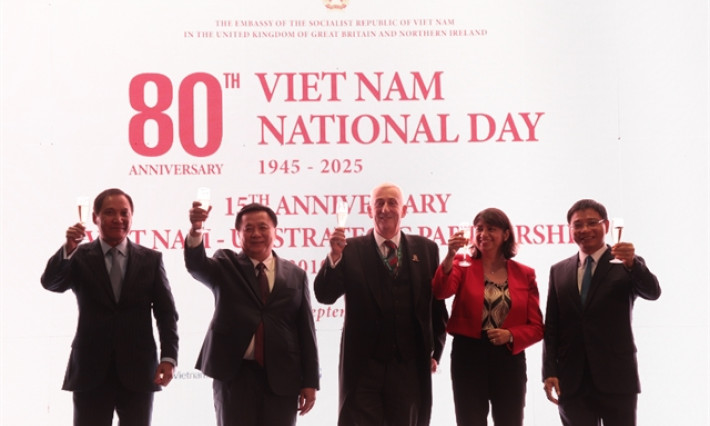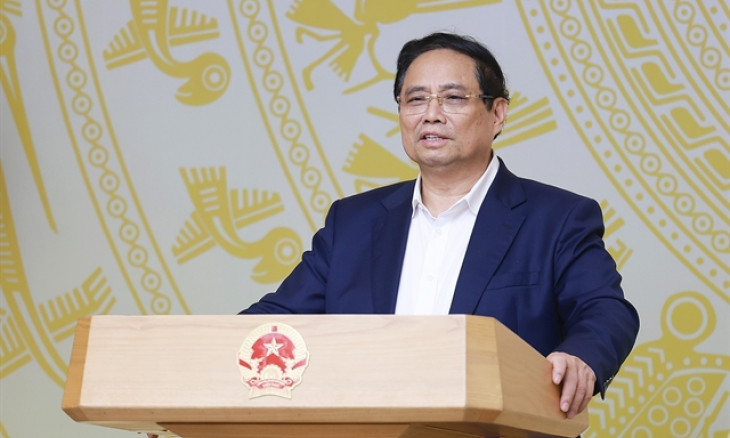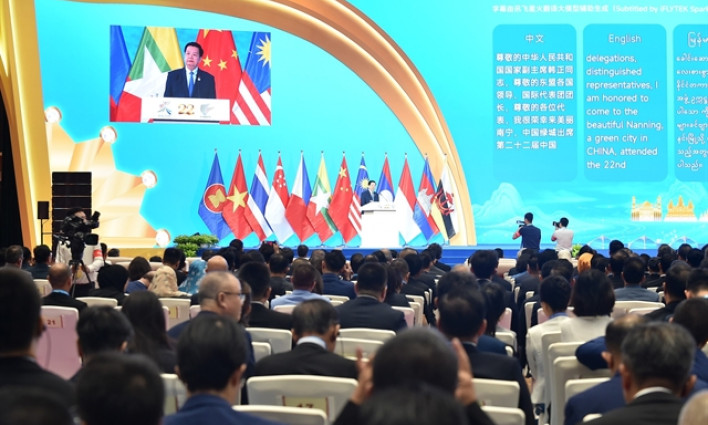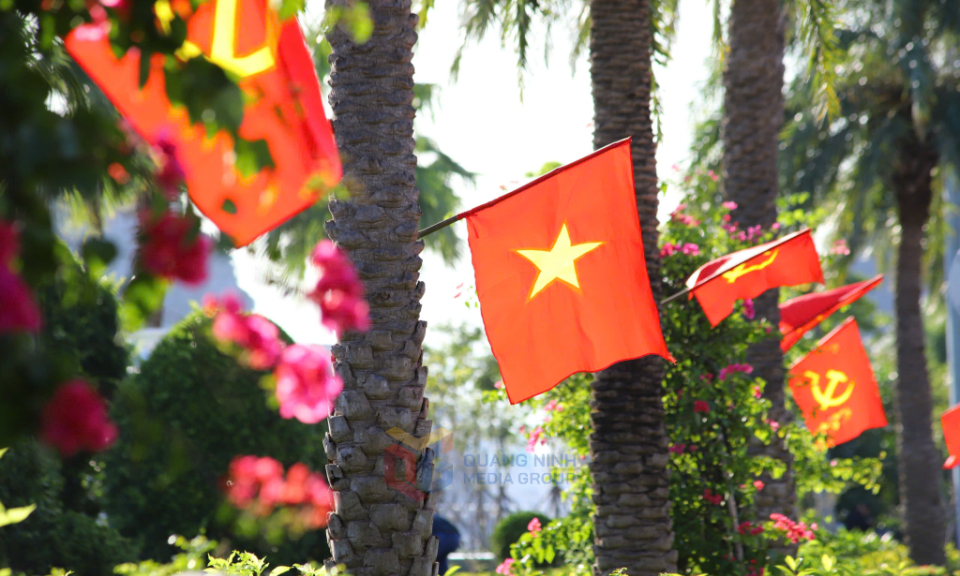Make it easier to live and work in Vietnam, expats urge
Expatriates enjoy their lives in Vietnam, but would like the government to do more to facilitate their stay, particularly in terms of immigration policies.
Having coming to Vietnam five years ago to start a business, Dutchman Wouter Luijten has many good things to say about living in the country.
"Vietnamese food and general hygiene are pretty good compared to some other countries I have lived in and there is enough work for people with knowledge."
Given the ongoing inflation worldwide, Luijten said Vietnam remained "extremely affordable."
However, he said Vietnam lags behind in policies that would make it easy for foreigners to work and live in the country.
"The huge amount of paperwork in general is my largest negative point for Vietnam."
In an email to VnExpress International, Luijten said he was currently outside Vietnam waiting for a new visa, "despite my investments in Vietnam and my very significant tax contributions to the country."
"Immigration has been a mess after Covid and I'm not the only one. From visa agents I hear thousands of people are waiting for their resident permits to be processed," he said.
Luijten said he owned several properties in Vietnam and for one apartment, he has been waiting four years for the ownership papers.
"This doesn't give foreign investors a safe and comfortable feeling," he added.
According to an "Expat Insider" survey released in July by InterNations, the world's largest expat community, 80 percent of expats said they are satisfied with the general cost of living in Vietnam, compared to the global rate of 45 percent.
However, they rank Vietnam very low in administration.
The annual survey asked nearly 12,000 expats living in 52 countries and territories about living and working abroad. If expats ranked Vietnam first worldwide in the index of "personal finance," they placed the country 51st in the "admin topics" subcategory of the "expat essentials" index, only above Malta.
Expats said they find it difficult to deal with local bureaucracy (66 percent versus 39 percent globally), open a local bank account (41 percent versus 21 percent globally), and get a visa in order to move there (48 percent versus 24 percent globally).
While Luijten wished for more "clarity" and "easy processing of the paperwork" to facilitate foreigners investing in Vietnam, Ross Munro of New Zealand lamented difficulties in communicating in English at government offices.
Having been in Vietnam for 12 years, Munro is married to a Vietnamese woman and the couple have two children.
"What I find particularly baffling is the lack of any information or assistance in English.
"Vietnam had a goal of being an English speaking nation by 2020 and yet seemed to do almost nothing to ensure that goal was achieved. It means that any interaction with government departments, healthcare or legal assistance requires the services of a translator/Vietnamese assistant," he said.
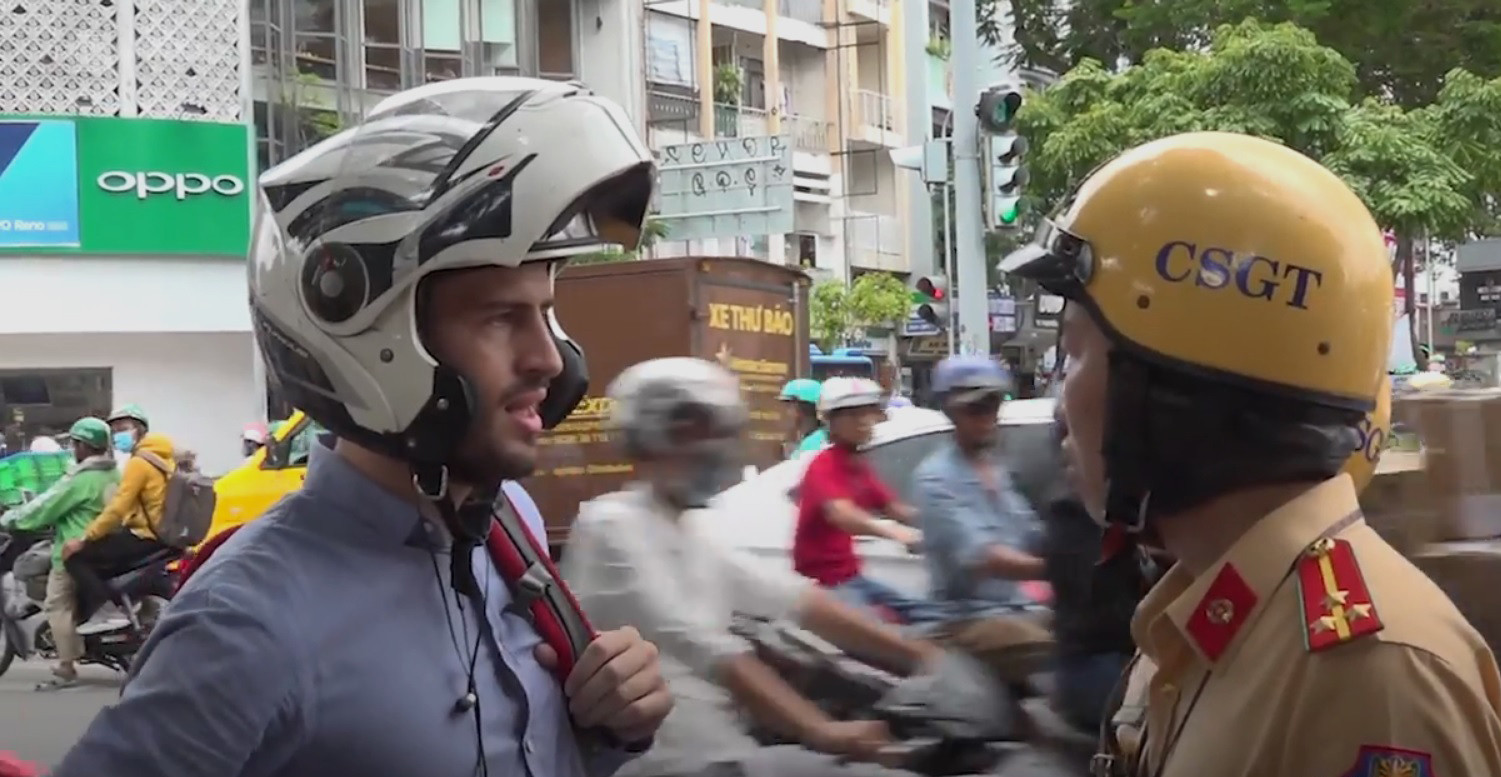
The InterNations's survey results also showed expats ranked Vietnam 48th on the "quality of life" index. Over half (53 percent) were unhappy with the urban environment, more than triple the global average.
More than half of the respondents also believed that the government does not support policies to protect the environment (versus 18 percent globally), ranking the country 50th on this count.
An American who did not want to be named said one of the biggest problems in Vietnam now was the trash that he found everywhere.
"This should be a high priority for the government to fix," he said, adding: "Fixing the trash problem could provide huge amounts of much needed energy to an energy starved county."
Having spent nearly 12 years either living in Vietnam or coming in and out of the country, the other problems "that seriously detract from Vietnam" are the noise and the traffic rule violations, he said.
"The government must step up and must lead. Surely the government can send the correct people to other places in the world where these problems have been solved, and bring those ideas back to Vietnam and then forcefully implement solutions here."
Married to a Vietnamese woman six years ago and currently living in Binh Duong Province that borders Ho Chi Minh City, he said Vietnam has done a good job in containing Covid and it should use the same energy and determination to fix other problems.

European Nadine Kegen said cheap prices were still an advantage in Vietnam, but she "would rather pay a bit more for everything and live in a cleaner environment."
Kegen, who has been working in Ho Chi Minh City for more than three years now, described the environmental pollution in Vietnam as "terrible, because trash is everywhere."
She wanted the government to firmly handle the task of cleaning up the environment and tackle traffic violations with harder punishments.
The number of expats living and working in Vietnam was 117,800 in 2019, 10 times higher than 2005, and 1.4 times higher than 2015.

